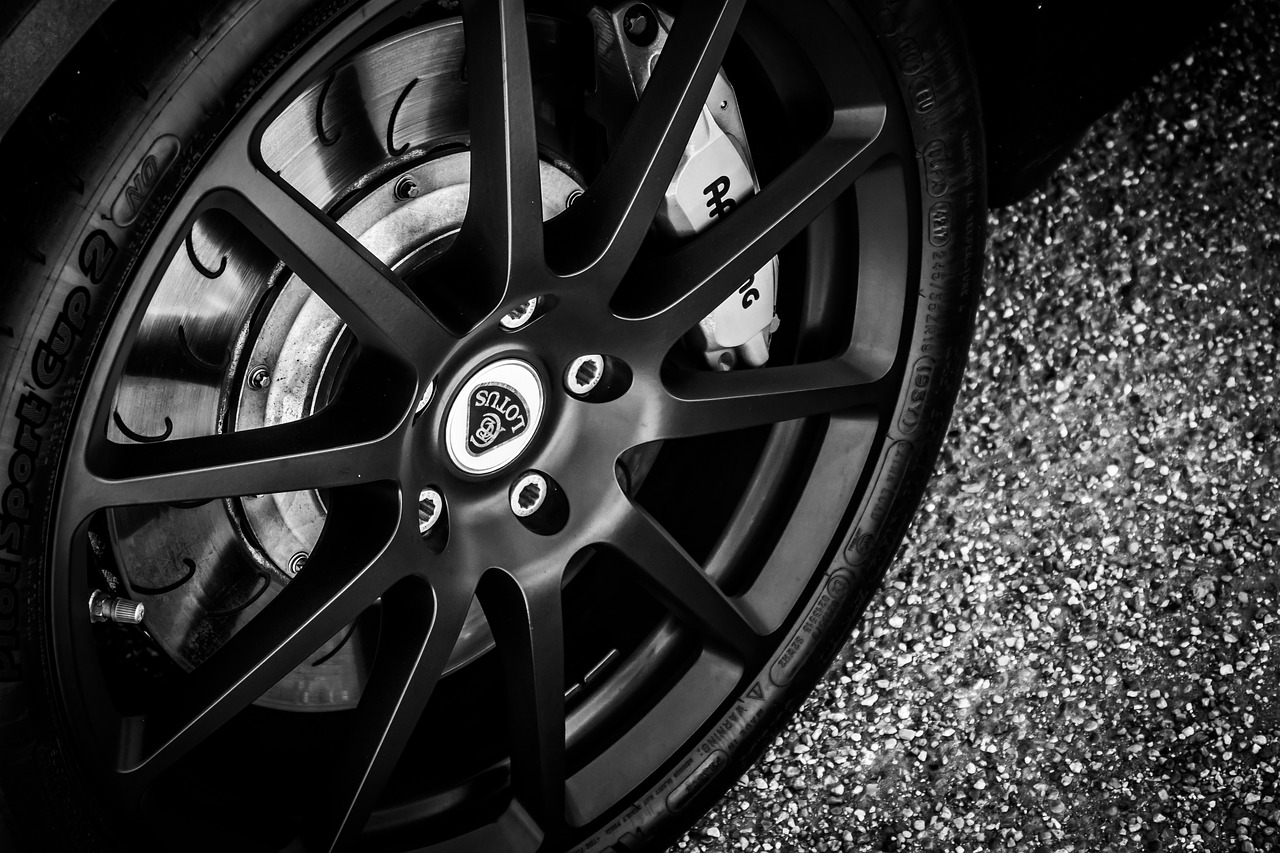The Psychology of Car Ownership: Social Status and Identity Expression
Psychological factors play a significant role in influencing individuals’ car purchasing decisions. These factors can include personal preferences, emotional connection to a particular vehicle, and perceptions of status and luxury associated with certain car brands. For many consumers, the car they choose to buy is not just a mode of transportation, but also a reflection of their personality and values.
Moreover, psychological factors such as social influence and peer pressure can also impact car purchases. People may feel pressure to conform to societal norms and expectations when selecting a vehicle, leading them to choose a car that aligns with their social circle or perceived social status. Additionally, cognitive biases, such as confirmation bias and anchoring, can influence how individuals perceive and evaluate different car options, ultimately shaping their final decision.
Impact of Social Norms on Car Choices
Social norms play a significant role in shaping individuals’ car choices. People often conform to societal expectations and norms when selecting a vehicle, seeking to align themselves with the values and preferences of their social circle. For instance, if a certain car brand is perceived as prestigious and luxurious within a particular social group, individuals may be more inclined to choose that brand to fit in and gain social approval.
Moreover, social norms also influence car choices through the concept of social comparison. Individuals may compare their vehicle to those of their peers or neighbors, leading them to prioritize factors such as brand image and perceived status when making a purchase. In this way, social norms create a framework within which individuals evaluate their car choices, impacting not only their personal preferences but also the perception they seek to create within their social networks.
Connection Between Car Brand and Personal Identity
When considering the connection between car brand and personal identity, one must acknowledge the subtle yet profound impact that our choice of vehicle has on how we perceive ourselves and how we are perceived by others. The car we drive is not merely a mode of transportation; it is a reflection of our values, aspirations, and social status.
Furthermore, the brand of car we select often serves as a symbol of our lifestyle and personality. Whether opting for a luxury brand associated with sophistication and refinement, a rugged SUV embodying a sense of adventure and strength, or an eco-friendly hybrid showcasing our commitment to sustainability, our choice of car brand plays a significant role in shaping our self-image and the image we project to the world.
• Our choice of vehicle can reflect our values, aspirations, and social status
• The brand of car we choose often symbolizes our lifestyle and personality
• Luxury brands may be associated with sophistication and refinement
• SUVs might embody a sense of adventure and strength
• Eco-friendly hybrids could showcase our commitment to sustainability.
How do psychological factors influence car purchases?
Psychological factors such as self-image, lifestyle, and personal values can influence a person’s choice of car. Some individuals may prioritize safety and reliability, while others may be more concerned with status and prestige.
What impact do social norms have on car choices?
Social norms can play a significant role in determining the type of car a person chooses to purchase. For example, certain brands or models may be associated with success or status, leading individuals to select those cars to align with societal expectations.
How is a person’s personal identity connected to their choice of car brand?
A person’s choice of car brand can be closely tied to their personal identity. The type of car a person drives can reflect their values, interests, and lifestyle choices, serving as a form of self-expression and identity projection.







